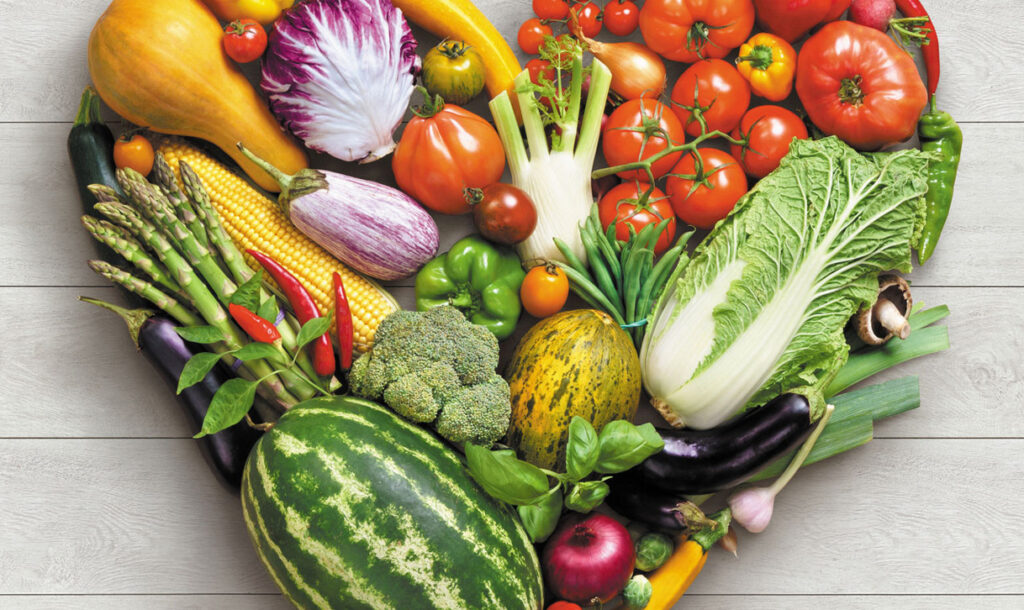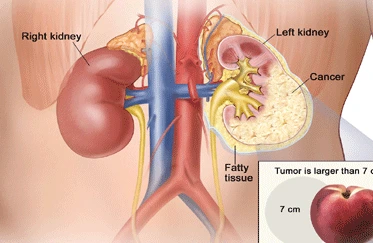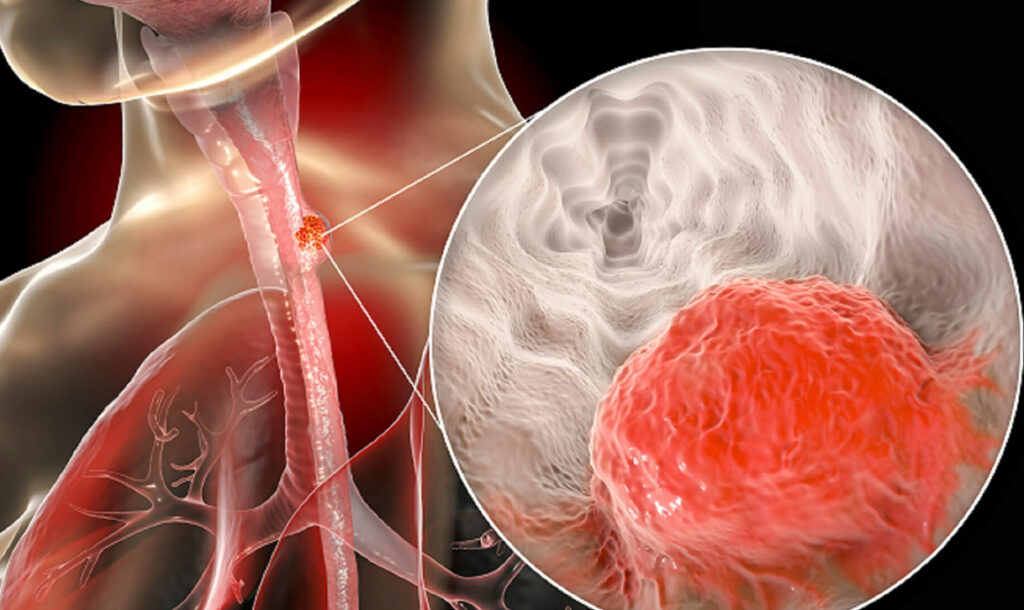Excessive angiogenesis is associated with cancer, psoriasis, blinding diseases, arthritis, Alzheimer’s disease, obesity, multiple sclerosis and even AIDS. Insufficient angiogenesis is known to cause heart disease, stroke and hair loss, among other problems.
Man’s quest for conquering disease and finding cures through diet and nutrition are rooted in history and are still on. One of the newer concepts in treatment modalities is through the anti-angiogenic diet, which arrests process of angiogenesis. Simply put, angiogenesis is formation and differentiation of blood vessels in the body, which happens during wound-healing, reproduction, placental formation and development. Healthy angiogenesis is when this process stops or is self-limiting, when the body no longer needs new blood vessels. However, sometimes it does not stop, resulting in diseases including cancer, skin diseases, age-related blindness, diabetic ulcers, cardiovascular disease, stroke and many others. The list of diseases that have angiogenesis as an underlying mechanism grows longer every year.
The body controls angiogenesis by producing a precise balance of factors (growth and inhibitory) in healthy tissues. Too much or too little angiogenesis has been found to be a common denominator for many serious diseases. Excessive angiogenesis is associated with cancer, psoriasis, blinding diseases, arthritis, Alzheimer’s disease, obesity, multiple sclerosis and even AIDS. Insufficient angiogenesis is known to cause heart disease, stroke and hair loss, among other problems.
The concept of angiogenesis was described for the first time in 1787 by British Surgeon Dr John Hunter. Later, in the 1970s, the link between tumour growth and angiogenesis was suggested and by 1989, the first successful treatment of tumour through anti-angiogenesis was reported in the US. Between 1997 and 2004, the US FDA approved anti-angiogenesis treatment for several conditions including cancer. One-third of lifestyle related cancers can be prevented by eating healthy, plant based diets and lifestyle factors including maintaining the right body weight and regular physical activity.
The concept of anti-angiogenic diet for cancer of tumour prevention is based on the fact that tumours require blood vessels to grow and cannot progress without blood supply. One can prevent the growth of these undesirable blood vessels by starving them through dietary components in plant foods. These include flavanoids found in vegetables, fruits, grains, bark, stems, flowers, tea and wine.
A 2001 review article published in the American Journal of Clinical Nutrition found that flavonoids appear to to play a role in angiogenesis inhibition. In 2004, scientists studied the effects of a berry extract formula on angiogenesis and concluded that berry extracts possess anti-angiogenic properties. Catechin, a flavanoid in green tea has been found to inhibit angiogenesis in breast cancer tumours. The jury is clearly in favour of diet rich in plant foods.
Some anti-angiogenic foods –
APPLE
BASIL
BERRIES
BLACK PEPPER
BROCCOLI
BRUSSEL SPROUTS
CHERRIES
CINNAMON
CUCUMBER
OLIVEOIL
ONIONS
ORANGE
PINEAPPLE
SOYBEAN
TOMATO
TURMERIC
CARROTS
WHEATGRASS




